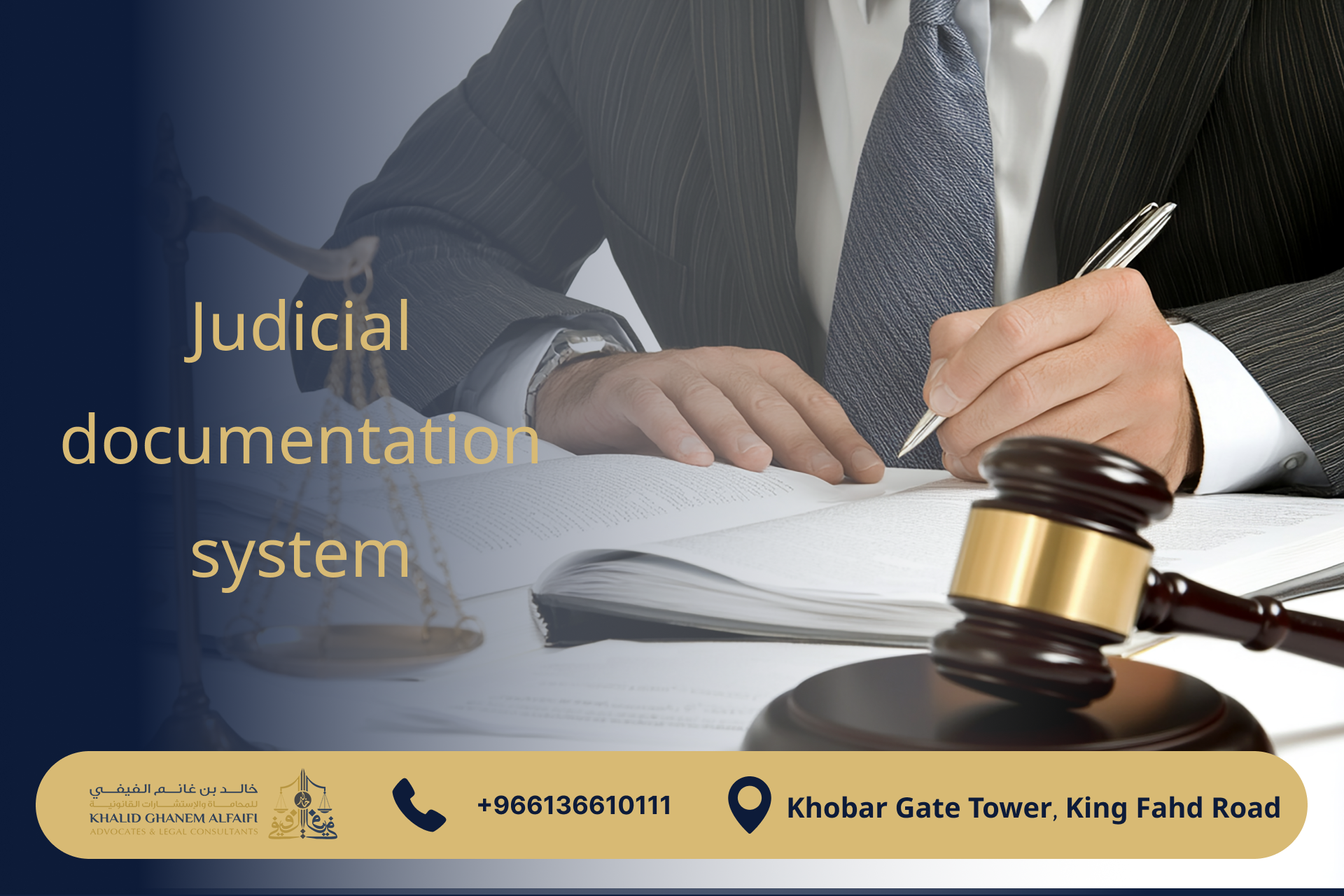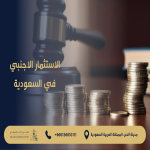Documentation Service: A Crucial Service for Ensuring Rights and Simplifying Official Transactions
Documentation services is one of the essential services to secure rights, prevent forgery, and facilitate official transactions. With the development of legal systems and the digital transformation in the Kingdom of Saudi Arabia, documentation has become easier and more flexible than ever before.
Documentation services
According to Article 1 of the Documentation Law, documentation is a set of procedures ensuring the establishment of rights in a manner that can be invoked legally. This process is carried out by an authorized notary.
Judicial Notary
A judicial notary is a licensed individual authorized to authenticate signatures, obtain acknowledgments of actions and written instruments, and certify their execution. They are appointed by the Ministry of Justice and authorized to manage documentation services, secure acknowledgments, and oversee other sworn declarations concerning legal documents.
Duties of the Notary in Saudi Arabia
According to Articles 12 and 13 of the law, the notary is entrusted — under the law — with documenting the following:
Real estate property deed transfers, as specified by regulations.
Powers of attorney and their revocations.
Mortgages, their releases, and modifications.
Company formation contracts, amendments, and decisions by authorized personnel.
Minutes of general assemblies of companies.
Transactions and contracts related to trademarks, patents, and copyright.
Contracts concerning movable property.
Acknowledgments of attendance and debt guarantees.
Declarations of financial and movable assets, their receipt, and their waivers.
The Importance of Notaries in Contracts
Documentation ensures stability in legal transactions, making it imperative for notaries to verify the accuracy of contracts and draft them in a way that secures the rights of all parties. This includes reviewing contracts to ensure they are free from legal violations that could lead to future disputes. The notary drafts contracts in clear, unambiguous Arabic, which helps to accurately represent the intentions of the parties involved.
Notary Qualifications
A notary in Saudi Arabia must meet a set of fundamental requirements, including the following:
Must be of Saudi nationality.
Must be of good conduct, have no criminal record involving dishonor or dishonesty, and must not have been dismissed from a public position due to disciplinary action, even if later reinstated.
Must be medically fit and free of sensory impairments.
Must hold a university degree in Sharia or Law from a Saudi institution or equivalent, with an overall grade of no less than "Good."
Must pass a written examination prepared by the relevant authority.
Must complete a specialized training course in documentation as determined by regulations unless they have served as a judge, notary, lawyer, legal or Sharia advisor, or have taught Fiqh (Islamic jurisprudence), its principles, or legal systems in a Saudi university for at least one year.
Must not be employed in the public or private sector and must not engage in any profession other than legal practice.
Documentation Procedures
The regulations governing documentation procedures at the Ministry of Justice and by licensed notaries outline several key requirements related to the documentation process.
According to Article 35, it is permissible to record documentation data electronically, which holds the same validity as written documents, per the Electronic Transactions Law.
All contracts and declarations that are documented must be written in Arabic.
Notaries and licensed individuals are required to validate documents issued from outside the Kingdom after ensuring compliance with legal and regulatory requirements. These documents must be certified by the Ministry, and their translations into Arabic must be authenticated.
Article 38 stipulates that a power of attorney is valid for five years from the date of issuance unless it is revoked or one of the parties passes away or loses capacity before the end of the period. The principal may also set a shorter duration if desired.
Read also: Foreign Investment in Saudi Arabia.





